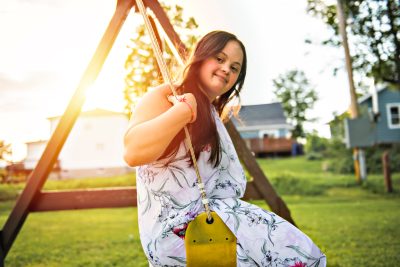A Brief Overview Full Article Parents or guardians are the first and primary sexual health educators of children. What parents and caregivers believe, say, and do can have a powerful Read More
Category: Your Young Persons Disability
Information on different disabilities to better inform you.
Advocacy Tips for Parents
When a child has a disability, parents often learn that getting their child’s needs met requires persistence, organization, and advocacy. Advocacy is an action. A person is an advocate when Read More
Adolescent Health Care Act Provides Options for Families Seeking Mental Health and Substance Use Help for Young People Resistant to Treatment
A Brief Overview The Adolescent Behavioral Health Care Access Act, passed into law by the Washington Legislature in 2019, gives parents and providers more leverage in treating a young person Read More
Supported Decision Making is an Option for Adults with Disabilities
A Brief Overview Full Article When a young person turns 18, most decisions are now up to them. In Washington State, age 18 is the “age of majority,” which means Read More
Families Who Receive In-Home Care Services: Take Note of 2022 Changes
A Brief Overview Everyone who gets state-funded in-home care in Washington is affected by a new employment structure for Individual Providers (IPs). The Consumer Direct Care Network of Washington (CDWA) Read More
Willa Discovers Telehealth
I want the kind with the people and the pictures
By John O’Brien After a Difficult Start… Institutionalized from age three to twenty-three in a place where “they treated us like animals”– Mike has composed a good life, taking many Read More
A Mother Shares her Personal Journey of Welcoming a Baby with Down Syndrome
By Elizabeth Paschich The news that my son had Down syndrome came at a bad time. I was pregnant with our 6th child, and my husband and I were not Read More
DDA Access Series 1 Eligibility
Things I Wish I Knew on Folic Acid
As a mom of a child with Spina Bifida there are a lot of things I wish I knew. Like I wish I knew I was going to have such Read More
Positive Behavior Supports: Continuing the model at home and in the community
By: Dr. Vanessa Tucker, PhD., BCBA-D What is Positive Behavior Support? Positive Behavior Support (PBS) is a special education initiative that informs school districts, schools and classrooms regarding prevention and Read More

